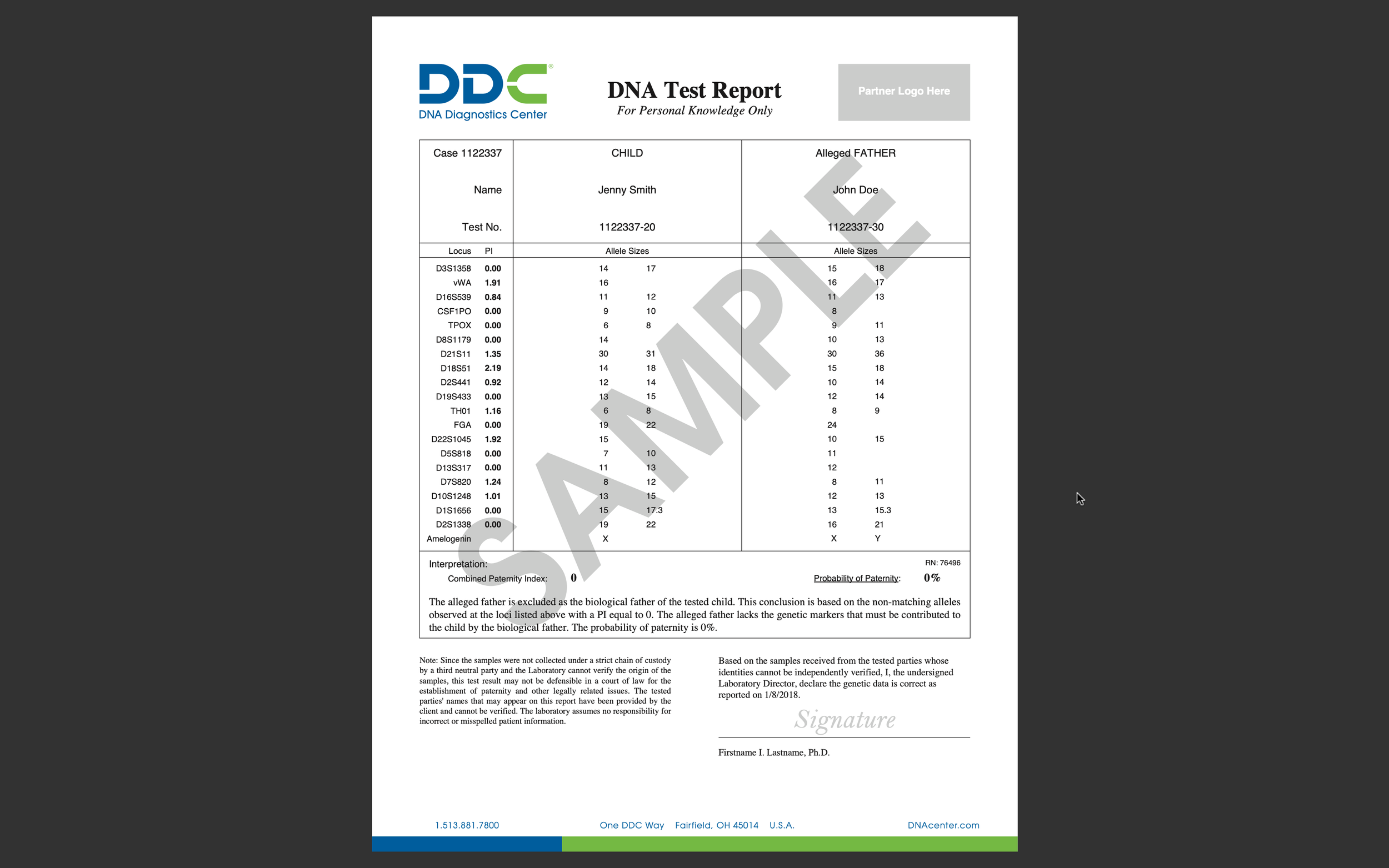Are Online Paternity Tests Accurate? Reliability, Legal Facts & DNA Testing Tips
Understanding the Accuracy of Online Paternity DNA Tests
Online paternity tests are increasingly popular thanks to their convenience, privacy, and affordability. But are online DNA tests truly accurate? Reliable results depend on sample quality, lab accreditation, and whether your goal is personal knowledge or legal proof. In this guide, you’ll learn how online paternity tests work, what impacts accuracy, and which options are accepted for court or legal documentation.
Why Accredited Labs Matter for Paternity Test Accuracy
Results processed by AABB-accredited or ISO-certified labs are over 99.9% accurate when instructions are followed. Accredited labs use strict quality controls, verified testing methods, and chain-of-custody protocols to deliver trustworthy, defensible DNA analysis—crucial for legal or court-admissible paternity results.
Comparing At-Home and Legal Paternity Tests: Which Is Right For You?
At-Home Paternity DNA Tests
Best for peace of mind and personal answers.
Simple at-home cheek swab collection and step-by-step kits.
Highly accurate (over 99%), but not valid in court due to lack of documented chain-of-custody.
Legal/Court-Admissible Paternity DNA Tests
Required for cases involving custody, support, immigration, or inheritance.
Samples collected by professionals under supervised, verifiable conditions.
Chain-of-custody ensures results are accepted in court and recognized by legal authorities.
Decoding Probability in Paternity DNA Test Results
Paternity DNA test results are shown as a probability percentage:
99.9% probability or higher: Confirms biological fatherhood — highly definitive and legal standard for paternity.
0% probability: Excludes the alleged father from biological parentage.
Using scientific probability ensures trustworthy results and clear answers in all paternity, custody, and family law scenarios.
Pro Tips for Maximum Online DNA Test Accuracy
Always Choose an Accredited DNA Lab:
Select a provider that is certified by AABB or ISO/IEC 17025 for reliable, legally defensible paternity results.Precisely Follow DNA Collection Instructions:
Improper swab collection can lead to contamination, errors, inconclusive, or even false negative/positive results. Adhere to the lab or kit guidelines closely.Disclose Close Biological Relationships:
If potential fathers are closely related, alert the lab to enable advanced testing and avoid false positives due to overlapping genetic markers.
Conclusion: How to Trust Online DNA Paternity Tests
Online and at-home DNA tests are a fast, affordable way to determine paternity. However, true accuracy demands choosing a certified lab, using proper collection methods, and knowing when legal/court chain-of-custody procedures are required. When you select an accredited provider and follow every step, you get peace of mind and results you can rely on — for both personal clarity and legal security.
FAQ: Accuracy, Legal Use, and Legitimacy of Online Paternity DNA Tests
Are online paternity DNA tests as accurate as legal/court-ordered tests?
Yes. Online and at-home paternity DNA kits analyzed by accredited labs are over 99% accurate for personal answers. Only legal tests, however, offer certified chain-of-custody documentation required by courts.
How fast are results from online paternity tests?
Most online and at-home DNA test results are delivered within 2 business days after the lab receives your samples. Some labs offer same-day or next-day expedited services.
Can online or at-home paternity tests be used for legal, custody, or child support cases?
No. For court, child support, or immigration cases, you need a legal paternity test performed with strict chain-of-custody at a certified lab. At-home kits are for personal use only.
What if my online/test-at-home DNA results are inconclusive?
If results are inconclusive, contact your provider immediately to discuss options for retesting, submitting new samples, or requesting advanced analysis to get a definitive answer.
How do I know if an online DNA company is reliable and legitimate?
Check for AABB or ISO/IEC 17025 certification and third-party lab accreditations. Only use companies that reveal their lab’s credentials and have clear, transparent policies on sample handling and privacy.
Follow us on Instagram and Twitter! If you have questions about paternity tests or other DNA testing services, please contact our Client Support Center at 302-529-1789, Mon-Sunday from 8:00 AM to 9:00 PM Eastern Time. Our friendly, expert representatives are ready and happy to help. Get answers anytime by visiting our Help Center.



